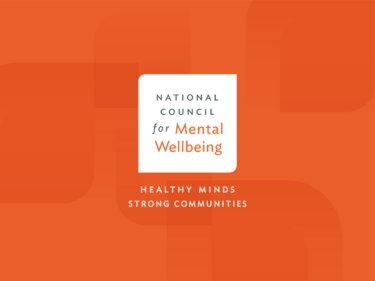When it comes to reducing Adverse Childhood Experiences (ACEs), collaboration is key. Just ask Leigh Ann Simmons, Ph.D., M.F.T., FAAHB, a professor and chair in the Department of Human Ecology at University of California, Davis (UC Davis), and co-director of the Perinatal Origins of Disparities (POD) Center. We spoke with Dr. Simmons to learn more about the important work she’s leading to build a truly responsive and integrated network of care in Yolo County, California.
Tell me a little bit about your role and the network you lead.
“I work for UC Davis as part of a community academic partnership with key stakeholders in the county, including two federally qualified health centers (FQHCs), Yolo County Children’s Alliance, a major hospital and others. I’m the lead on the project. It’s an honor for me to collaborate with this group of committed people and organizations! It’s a true network. It’s also a privilege having an academic support structure that allows me to support the community in a way that single, community-based organizations can’t do because of resource constraints.”
How are you helping to advance trauma prevention in your community?
“We’re trying to improve community-level understanding of what ACEs are, how they contribute to toxic stress and how they impact long-term health. Education is key. We are working to increase ACEs screenings, help individuals and families understand how ACEs can impact children, and ensure people are getting connected to the right supports and services they need to mitigate, and hopefully prevent, future ACEs. Making sure we are helping organizations become trauma-informed is also a priority, which includes training their staff to be trauma-informed and knowledgeable about their role in the community.”
What is your team doing to ensure more people are trauma-informed?
“We’re putting a lot of energy behind education and training, including making it easier for people to get the help they need, when they need it. We’ve been working on mapping community resources through a data visualization project. Once it’s public-facing, people can visit the site, put in their location and review the available services that pop up. If someone is seeking trauma-informed care, for example, those organizations will populate, giving them a variety of services to choose from. The site will also encourage organizations to become trauma-informed so they can be included in the listing.”
Do you have any recent “big wins” in this space you’d like to share?
“We’re in the process of implementing a bi-directional technological platform across multiple partners and sectors. In the next few months, we should have two main FQHCs on the platform. The platform can be accessed online, but we’re still working on integration with medical records. That’s the ultimate goal. Providers can jump from the patient record into the platform and make the necessary referrals in real time, and those referrals are sent out to both parties, allowing the patient to follow up as needed.”
“We received a $2.9-million grant to help us do this work. Getting everyone together, getting them on board and turning the application around in about a month was another big win! Also, our university has partnered in a way that truly promotes community. Academic organizations often get a bad reputation as taking rather than giving to communities. This project is a true partnership with the goal of elevating the community organizations and partnering for the future. This work enables us to continue being good stewards and partners, which, to me, is most meaningful.”
If a community member wants to get involved or learn more, what can they do?
“We’re working on our web content right now. Eventually, we will have a POD Center website, so all of the ACEs project and data visualization information will live there, and similarly, all of our partners will have a page on their websites that will link back to our data visualization site. Right now, we are in the process of transitioning it to our servers. We also plan to co-host the Building a Resilient Yolo County summit with our partners next spring.”
Guest Author
Director of Content Marketing
National Council for Mental Wellbeing



